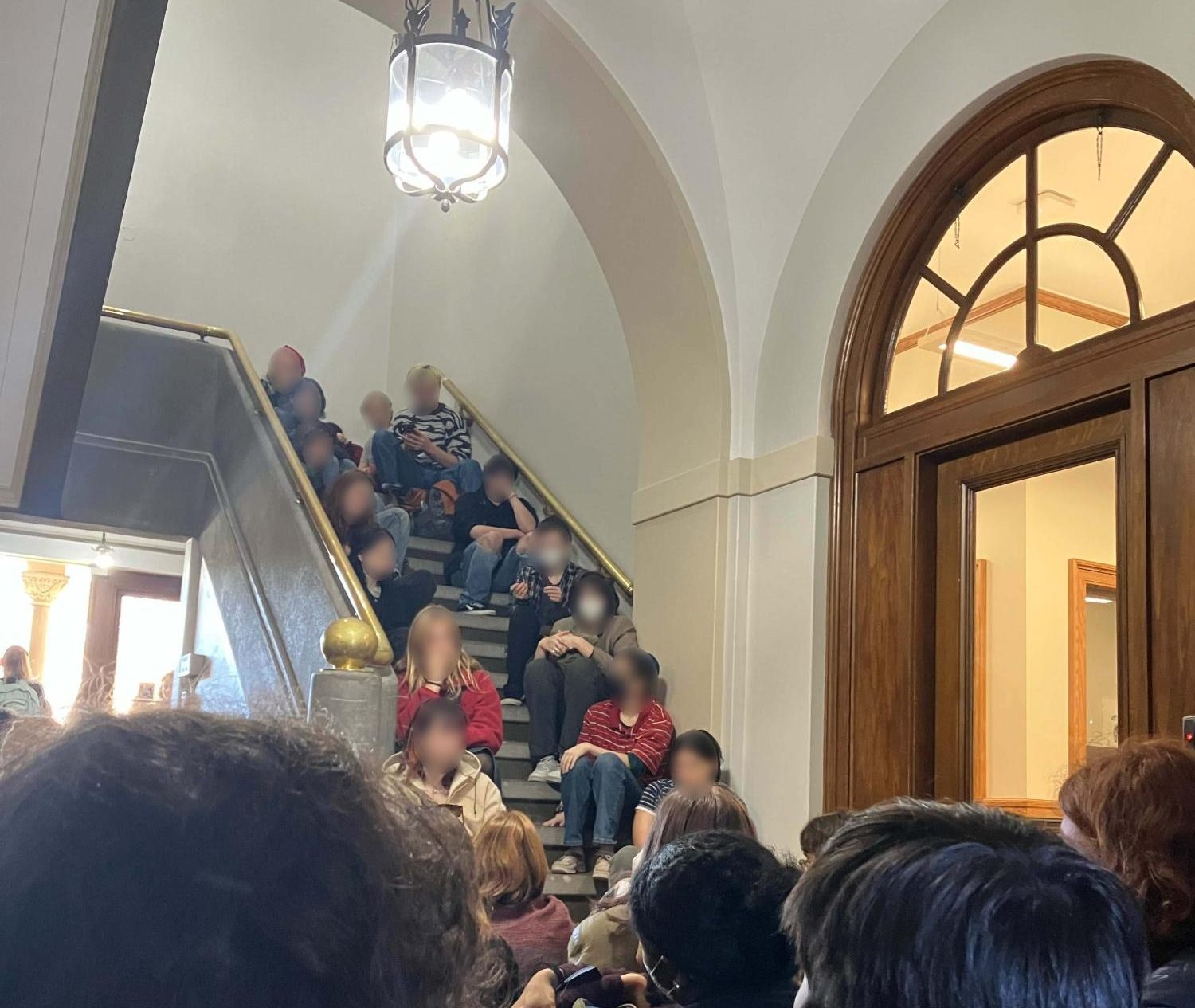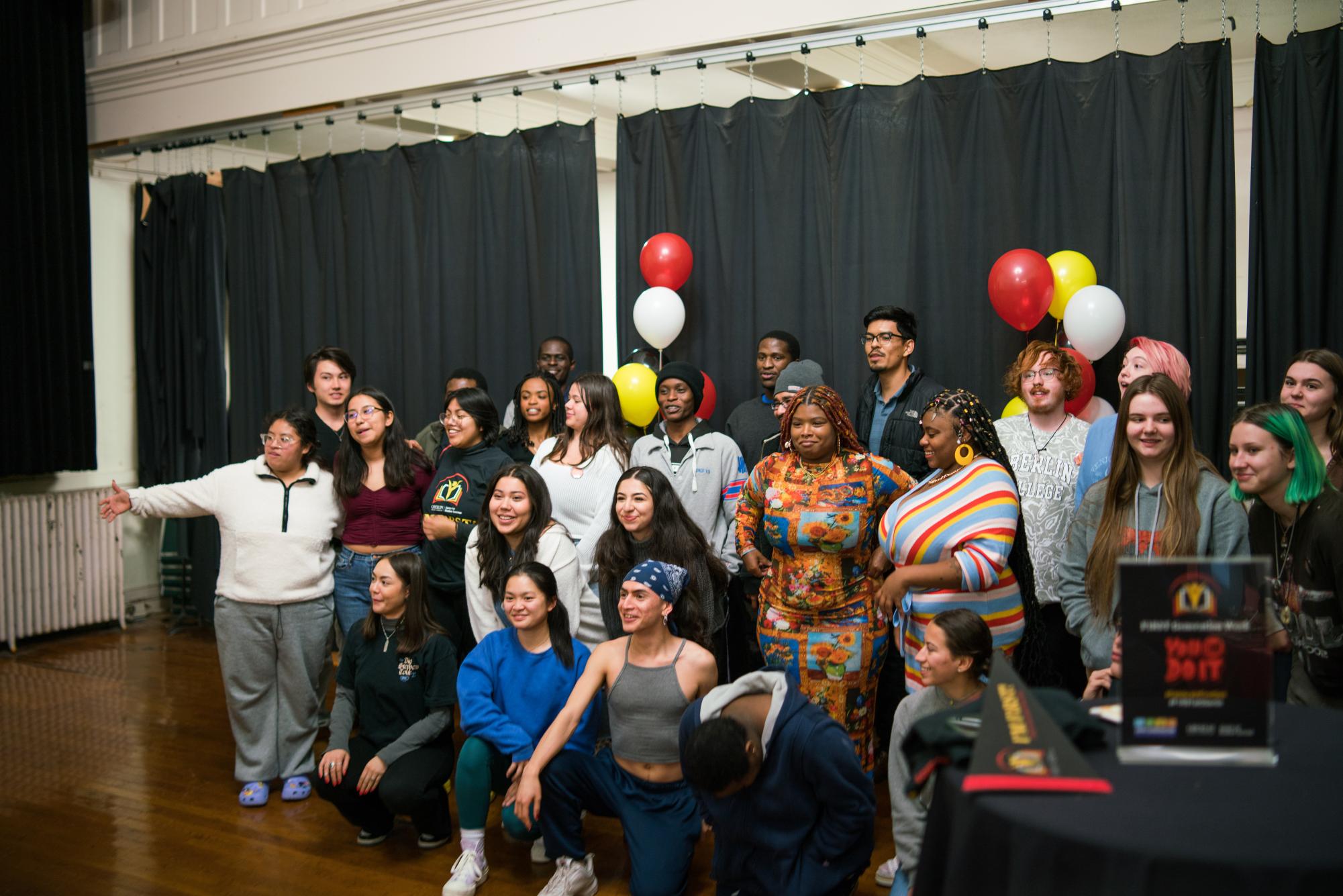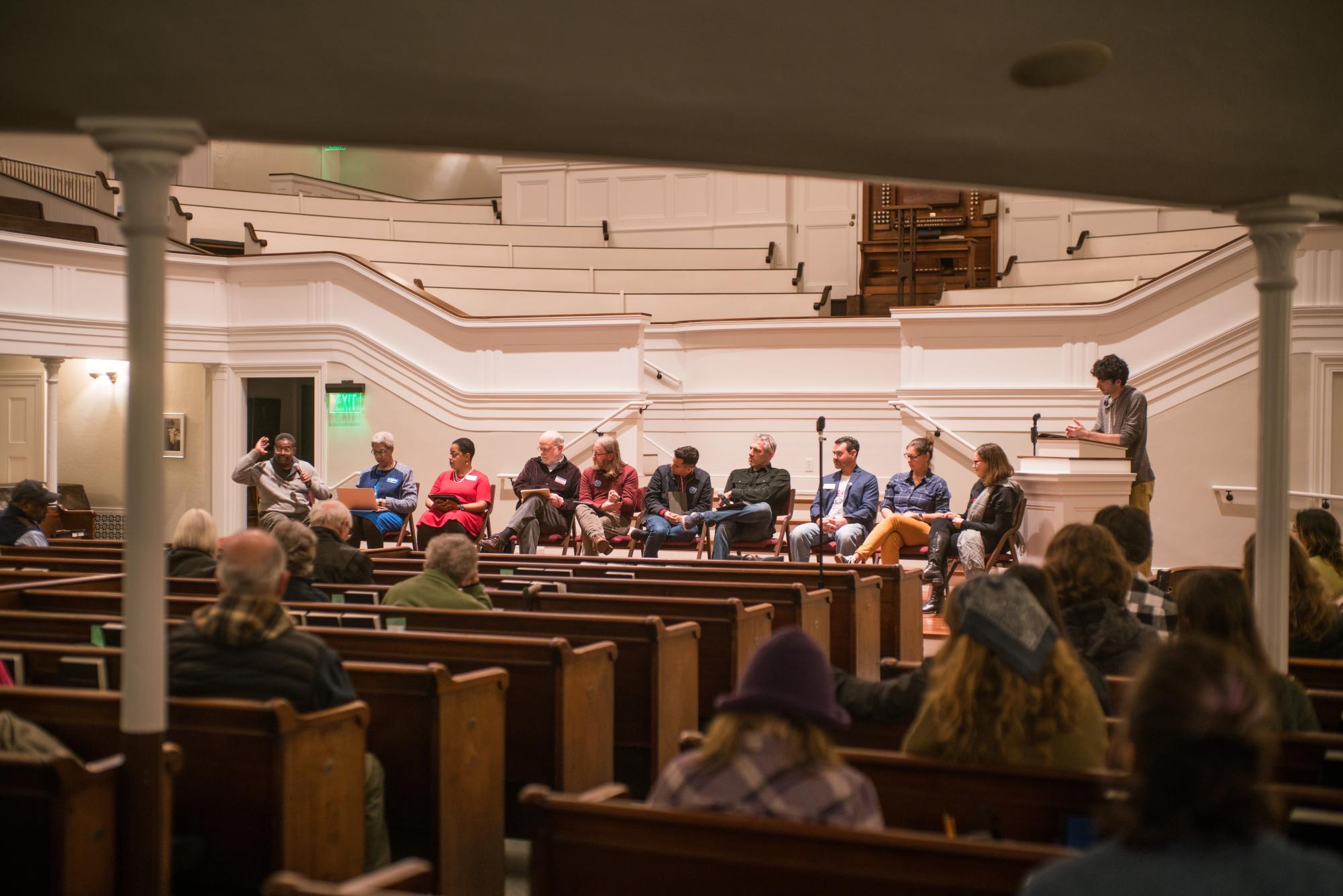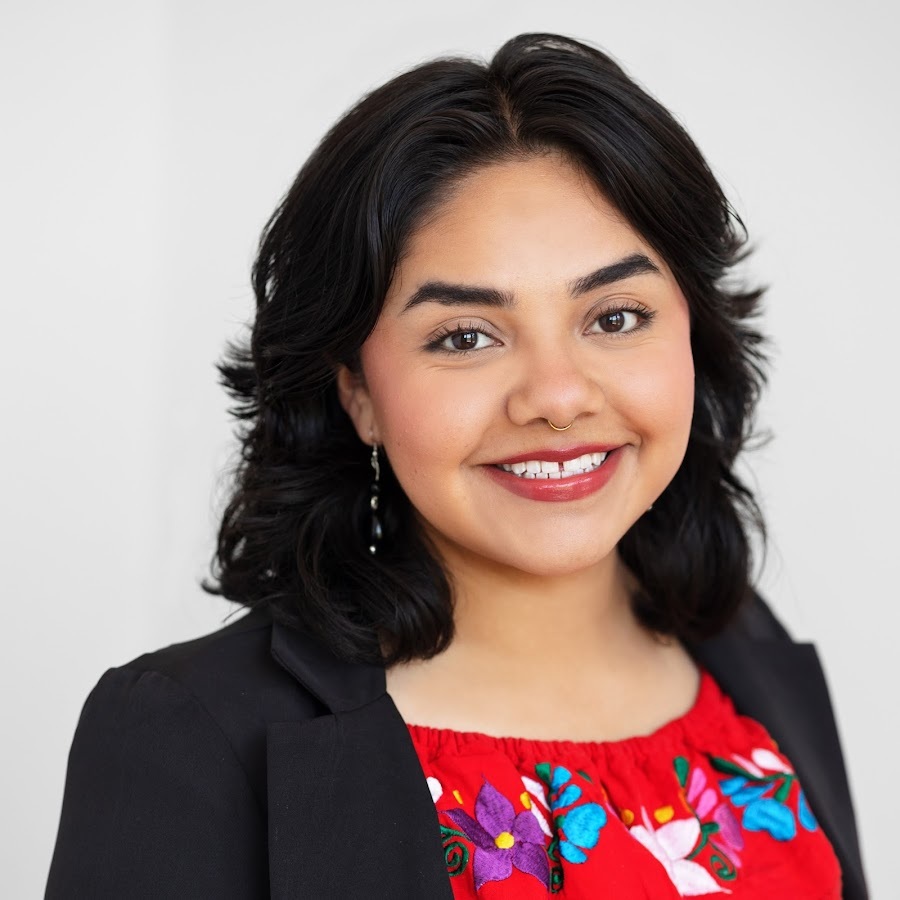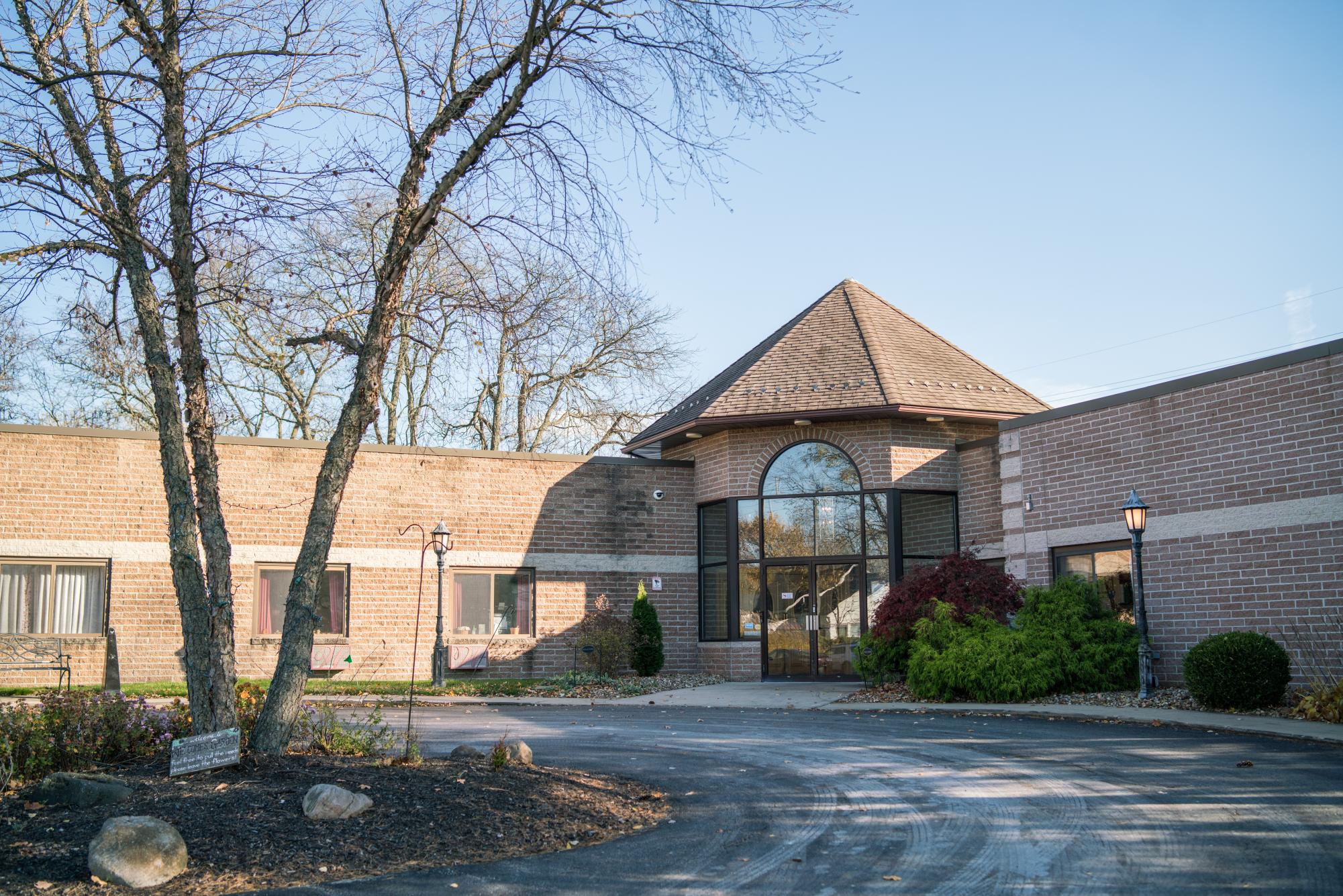Africatown Documented by Students, Faculty, Documentary Filmmakers
Descendant, a Netflix documentary that was released last year, was shown at the Apollo Theatre April 1. The documentary, directed by Margaret Brown, narrates the history of the last slave ship to the U.S., the Clotilda, which arrived in Africatown, AL, and how the captives’ legacy remains in the town today.
Oberlin College students and faculty have been traveling to Africatown since 2013, creating an oral history project of the Black community that remains there today.
Kern Jackson, co-writer and co-producer of the documentary, helped build a relationship with the Oberlin community, as he is familiar with and a part of the Africatown community.
“Essentially, I was really interested in reversing and learning about the migration that my mom traveled — she actually came to
Ohio when she left Alabama,” Jackson said when talking about how he first approached the project. “I was interested in sort of looking at the things that are unspeakable and unspoken [SIC], as Toni Morrison would say, with regard to the space and culture
here.”
In the documentary, the citizens of Africatown explore the history of the descendants of those who arrived on the Clotilda. The film explores the relationships descendants have with their ancestors who were on the last slave ship to the U.S. and how this heritage shaped the town’s culture and many of its citizen’s futures.
“It started as a way to look at the oral history of Africatown,” Jackson said. “Africatown is actually composed of like six neighborhoods. The descendants, in particular, hold homecomings for Mardi Gras. They have simultaneous festival events celebrating their resilience and resistance and the survival of their family’s experience, which I thought was kind of fascinating. There was this overlay that was happening that I wanted to look into.”
Descendant’s production team worked closely with Oberlin students and staff.
“I was volunteering at an event called the Tar Sands Healing Walk, on unceded First Nations land in Alberta, Canada, near Fort
McMurray. I was up there, I was working the registration table and the elders from Africatown came to check in and I was really interested.” Director of Environmental Studies Program Jay Fiskio, who orchestrated the project to Africatown, said. “And so I asked them to tell me about their story, and that’s how I learned about Africatown.”
When students travel to Africatown, Fiskio introduces them to the community and its residents. There, students conduct interviews with community members using the snowball technique, which entails gaining recommendations for people in the town, conducting interviews, and then identifying other potential subjects through them. The interviews aim to create a digital historical archive of the town detailing descendants’ experiences and narratives.
“I traveled [to Africatown] during my time as a student seven times on different academic breaks,” Nathan Carpenter, OC ’20, said. “Most of my work on those trips was alongside Professor Fiskio and other students. We focused on working with our partners and collaborators in Africatown to conduct oral history interviews for the digital archive, and that’s what we’ve been building in collaboration with our partners there.”
Africatown was formed after the enslaved people from the ship Clotilda, who were brought to the United States illegally, settled back into the outskirts of Mobile, a port city on Alabama’s Gulf Coast. Presently, Africatown struggles with its environment being heavily polluted due to industrial manufacturers and chemical refineries. One of the hopes of the project is to create a space and
place for research in Africatown that improves the quality of life for its residents.
“We have been waiting to take the Africatown Digital Archive public. Originally, there was talk of releasing it January of 2020 butwe wanted our community partners to take a look at it, and give us feedback,” Fiskio said. “They said, why don’t you wait and come back in June 2020 — and then the pandemic hits. So we have been waiting to be able to be there in person to take it public. And I’m hoping that we’ll be able to go down this summer for the opening of Heritage House on July 8.”
Students who communicate their interest in the project and visiting Africatown are referred by Fiskio and invited down as either research assistants or inter- viewers who spend time in the community.
“One of the things that I think is really special about my experience working with Professor Fiskio and folks in Africatown is not only have I benefited from Fiskio’s mentorship, but I’ve also been really lucky to be mentored by the folks in Africatown,” Carpenter said. “They have always taken a real investment in the learning of the Oberlin students who have traveled to Africatown over the years.”
The screening brought together both the filmmakers and the Oberlin community. After the screening, a panel moderated by Associate Professor of Africana Studies Charles Peterson took place. This panel included two of the Clotilda’s descendants, along with Jackson and environmental justice activist Major Joe Womack. A Q&A was also conducted so students could have an opportunity to ask questions about the documentary, the overall history of Africatown, and the experiences of its descendants.
“It is this consistent return to Africatown that helps Oberlin students share their gifts,” Jackson said. “I think that’s just evidence of what students are doing at Oberlin. It speaks to Professor Jay Fiskio and other professors within the Africana Studies program that they have eager students — students who feel like they have some practices for their theoretical understandings and ways to apply them.”
Africatown’s Heritage House is set to open in July 2023 and was announced as part of an annual festival titled the “Spirit of Our Ancestors.” Fiskio hopes to then release some of the oral research conducted by students alongside the texts, documents, and artifacts that will be showcased within the Heritage House.
“One of the things that I think is special about my experience in Africatown is that I’ve been tremendously lucky to benefit from the mentorship of both Professor Fiskio as well as our partners in Africatown,” said Carpenter. “Our partners and collaborators have always made a real investment in the learning of the Oberlin students who have traveled there over the years.”


